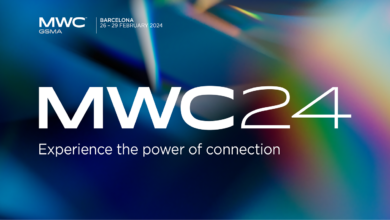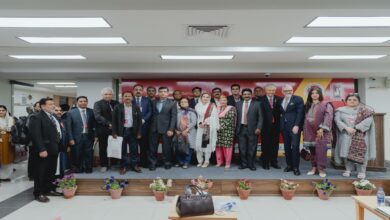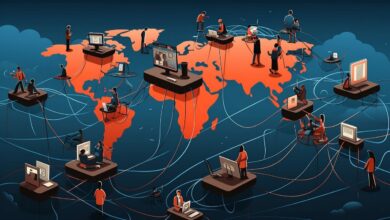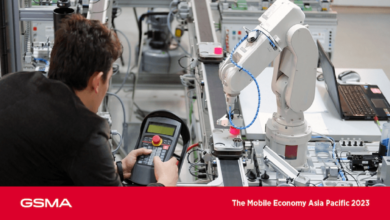GSMA Report: Pakistan Progressing Towards a Digital Economy

With the confidence to transform Pakistan into a “knowledge-based economy”, the government is taking commendable measures for early digital inclusion and timely adoption of cutting-edge technologies, leading to the socio-economic wellbeing of our public.
With 65% of the population aged between 15 and 40 years old, and an overwhelming internet adoption growth rate of 23% (on a YoY basis), our aim is to harness a 3-5% enhancement in GDP per capita over the next three years through digitalisation. To do so, the Ministry of IT & Telecom under the guidance of the Prime Minister has unveiled its Digital Pakistan Vision for embracing a fully-fledged digital economy.
GSMA Report: Pakistan Progressing Towards a Digital Economy
Digitalization taking place in a number of sectors:
Sectoral digitisation is paramount to establishing a modern, technology-led economy and realising the benefits
of the Fourth Industrial Revolution. In Pakistan, mobile connectivity is advancing the digital transformation of
industries and facilitating the development of new solutions:
• Agriculture is a key sector within Pakistan’s economy, yet businesses often face challenges around manual
processes in the value chain. In 2017, Jazz collaborated with the GSMA and Farmerline, to deploy last-mile
digitisation solutions for the dairy market, which comprised farmer registration, milk procurement records and
mobile payments via JazzCash.
• Branchless banking services (such as Telenor’s Easypaisa and Ufone’s UPaisa) have grown in scale, deepening financial inclusion in areas where banks have limited reach due to the high costs of physical expansion and simplifying commercial transactions and remittances between individuals and organisations.
• In the transport sector, in November 2018, the National Highway Authority (NHA) launched an app featuring
two tools – Journey Planning and Interactive Maps – to help commuters plan trips. There has also been rapid
growth in the use of ride-hailing services such as Bykea, Careem and Uber, which are now available in major
cities in Pakistan.
• In education, Telenor launched its Internet Champion (iChamp) programme in 2014 to equip students with
a basic knowledge of mobile technology, and help improve their future prospects. The second iteration,
iChamp2, was launched in 2017 – in collaboration with Facebook – to provide students with free access to an
online portal featuring 17 educational websites, via a Telenor 4G connection.
The importance of mobile and ICT for national growth:
The mobile ecosystem (and particularly operators) play an increasingly important role in GDP growth, job creation, tax generation and driving productivity gains across primary sectors such as agriculture and manufacturing. According to the International Telecommunication Union (ITU), a 10% increase in mobile broadband penetration in Asia Pacific leads to a 1.5% rise in GDP.
By 2023, the economic contribution of the mobile industry in Pakistan will reach $24 billion, accounting for 6.6%
of GDP. The majority of this uplift will be driven by improved productivity and efficiency, particularly from the
increased take-up of mobile internet services. Wider network coverage and the rapid adoption of new 4G services could further accelerate growth and, subsequently, the industry’s contribution to the economy.
Weak Domestic Manufacturing Base:
Basic/feature phones remain pervasive in Pakistan; at the end of 2019, they represented 44% of total connections in the country. Due to historically lower wages in other countries, duties on parts and the lack of a framework for the approval of domestic manufacturing, most devices are produced abroad and imported. QMobile is the only Pakistani company in the top 10 largest mobile handset vendors in the country; however, its phones are Chinese-made and then sold under the QMobile brand. In contrast, India is home to a burgeoning mobile phone industry, with factories run by foreign companies (e.g. Samsung) and domestic manufacturers, including HCL, Karbonn, Lava and Micromax.
Future of Pakistan as a rising digital economy power:
The government in Pakistan has recognised the significance of digital technologies and skills to enhance
inclusion, encourage research and innovation, and unlock economic competitiveness. In May 2018, the Ministry
of Information Technology and Telecommunication (MoITT) received cabinet approval for Digital Pakistan, which
comprises 12 objectives. The policy aims to use ICT as a strategic enabler for sectoral transformation, economic
growth and a better quality of life for citizens.
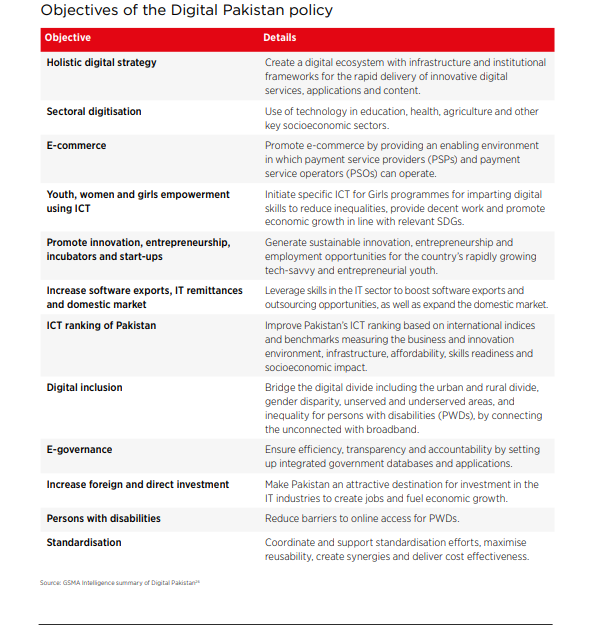
PTA Taxes Portal
Find PTA Taxes on All Phones on a Single Page using the PhoneWorld PTA Taxes Portal
Explore NowFollow us on Google News!
